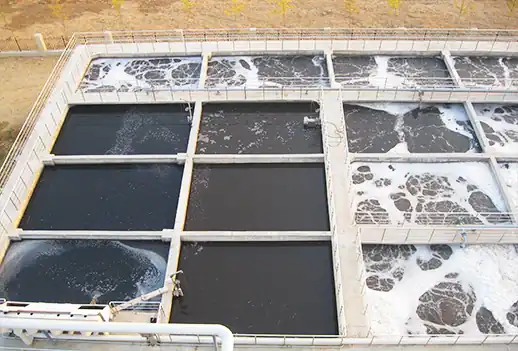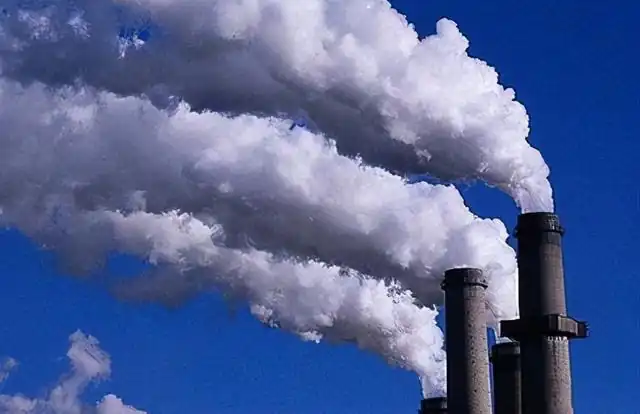As a kind of white crystal or powder, magnesium hydroxide not only has a wide range of applications in industry and food, but also plays an important role in environmental protection. With its unique chemical properties, magnesium hydroxide has become a highly effective environmental protection material, contributing to the protection of our ecological environment.
Magnesium hydroxide plays an increasingly important role in environmental protection, and its application range is wide and effective. The following is a detailed analysis of the new role of magnesium hydroxide in environmental protection:
Wastewater treatment agent

Heavy metal removal: magnesium hydroxide has strong adsorption ability, can effectively remove heavy metal ions in wastewater, such as lead, cadmium, etc., so as to reduce the pollution of these harmful substances to the environment.
Acidic wastewater neutralization: magnesium hydroxide has good buffering properties, which can be used for acidic wastewater neutralization treatment to improve the pH value of wastewater, so that it can meet the emission standards.
Phosphorus and sulfur removal: In industrial wastewater treatment, magnesium hydroxide can also be used to remove harmful substances such as phosphorus and sulfur to further purify water quality.
Air pollution control

Exhaust gas purification: magnesium hydroxide can absorb toxic gases in exhaust gas, such as sulfur dioxide, nitrogen oxides, etc., to reduce the pollution of these gases to the atmosphere.
Microorganism inhibition: magnesium hydroxide can also inhibit the growth and reproduction of microorganisms, thus reducing the environmental pollution problems caused by microorganisms.
Green material applications

Environmentally friendly coating materials: As a non-toxic, odorless and smokeless inorganic compound, magnesium hydroxide is widely used in the preparation of environmentally friendly coating materials, such as fireproof coatings and flame retardants, which help to improve the safety of buildings and reduce the risk of fire.
Biomedical field: Magnesium hydroxide has good biocompatibility and degradability, and is widely used in drug delivery systems to help control the release rate of drugs and improve their efficacy and safety.
Soil Remediation and Improvement

Soil acidification management: magnesium hydroxide can neutralize the acid in the soil, improve the pH of the soil and provide a better environment for plant growth.
Heavy metal stabilization: In soil contaminated by heavy metals, magnesium hydroxide can react with heavy metal ions to form stable compounds, reducing the mobility and bioavailability of heavy metals, thus reducing their risks to the environment and human health.
Ecological Agriculture and Horticulture

Fertilizer additives: Magnesium hydroxide, as an important component of magnesium fertilizer, can supplement the magnesium required for crop growth, promote photosynthesis and energy metabolism, and improve crop yield and quality.
Soil conditioner: Magnesium hydroxide can also improve soil structure, increase soil permeability and water retention, and facilitate the growth and development of crop roots.
Clean energy field

Application in lithium batteries: Magnesium hydroxide as an additive in lithium batteries can significantly improve the safety and stability of the battery, which helps to promote the development of clean energy.
Application in fuel cells: Magnesium hydroxide can also be used as electrolyte material in fuel cells, helping to improve the performance and life of the battery and providing a new way for the utilization of clean energy.
In summary, the new role of magnesium hydroxide in environmental protection is not only reflected in its wide range of applications, but also in its innovative solutions to environmental problems. With the progress of science and technology and the expansion of applications, magnesium hydroxide will play an important role in more emerging fields, leading the industry to a more environmentally friendly, safe and efficient direction.
